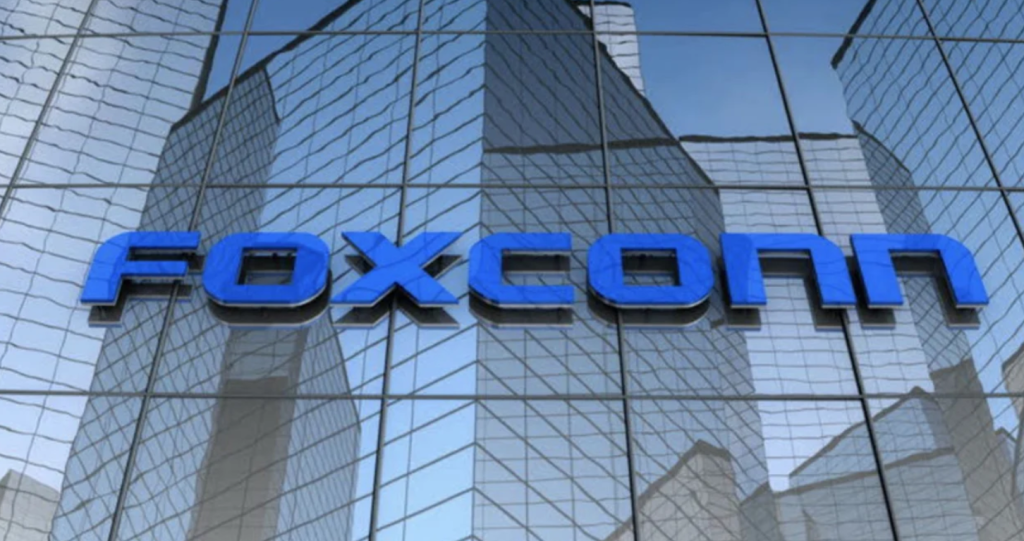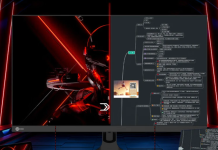India‘s recent decision to grant subsidies to 27 tech companies, including heavyweights like Apple supplier Foxconn and Lenovo, marks a significant step in its journey to become a global hub for electronics manufacturing. This move, part of India’s Production Linked Incentive (PLI) scheme, is more than just a financial boost for these companies; it’s a strategic step in the nation’s economic journey.
23 out of 27 applicants are ready to start production immediately
At its core, the PLI scheme reflects India’s ambition to shift from being a mere player in the global tech supply chain to a central hub. The government’s decision to include major international firms like Dell, HP, and AsusTek Computer is a clear indication of India’s readiness to play in the big leagues of tech manufacturing. This readiness is further underscored by the fact that 23 out of the 27 approved applicants are prepared to start production immediately, with the rest gearing up to commence within 90 days.

The implications of this development extend far beyond the creation of jobs, although the projected 50,000 direct and 150,000 indirect jobs are significant. This move is part of a broader strategy under Prime Minister Narendra Modi’s “Make in India” campaign, which aims to reduce India’s reliance on imports, particularly from China. By bolstering its domestic manufacturing capabilities, India is positioning itself as a viable alternative to China for global manufacturers seeking to diversify their production bases.
Interestingly, the inclusion of Lenovo, a Chinese tech giant, in the PLI scheme is a nuanced move. It comes at a time when other Chinese companies are facing heightened scrutiny and regulatory challenges in India. This inclusion is a testament to India’s balanced approach, recognizing the importance of global partnerships even amidst geopolitical tensions.
The decision to subsidize tech manufacturing in India is about more than economic growth. It’s a strategic maneuver positioning India as a pivotal player in the global tech landscape.
RELATED:
- Portronics Pico 12 Portable Projector With 4K Support Launched In India
- Xiaomi’s upcoming Redmi Note 13R Pro could launch as Poco X6 Neo in India
- Best Baby Monitors of 2023: Wyze, Nanit, Eufy and more
(Via)







